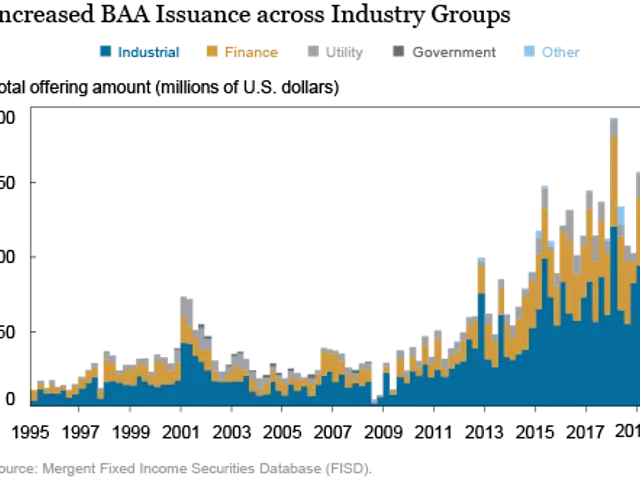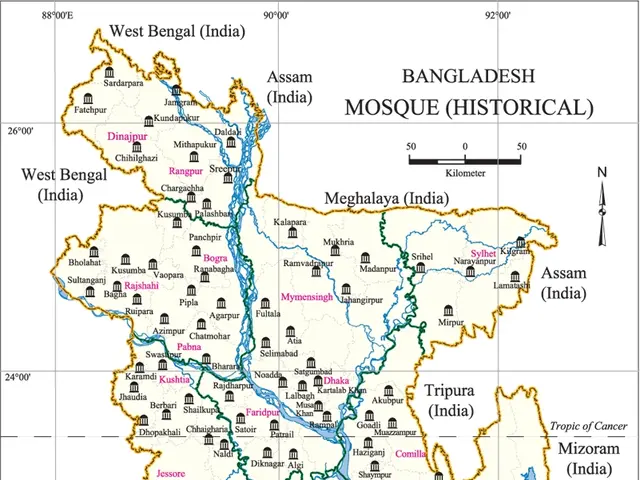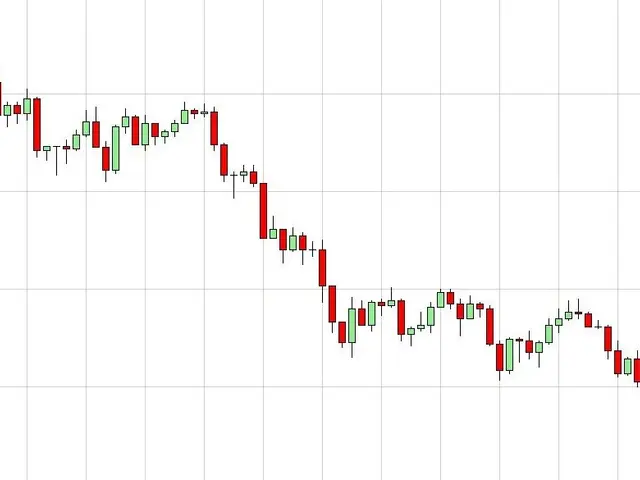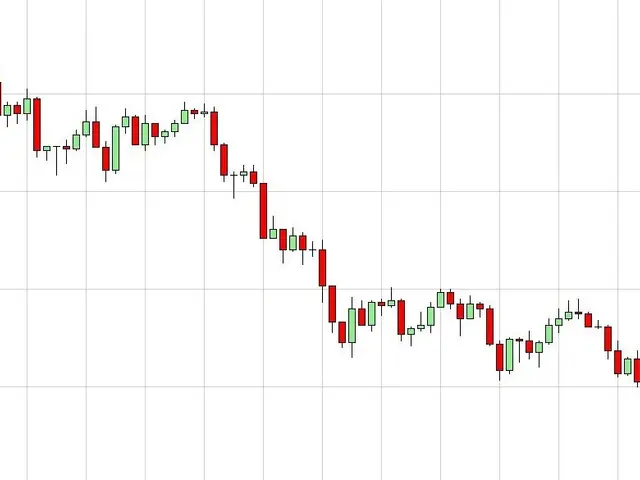Israel-Iran Clash: Germany's Role in a Middle East Crisis
Conflict Between Israel and Iran: Examining Germany's Involvement
The Middle East is witnessing a potentially volatile confrontation between Israel and Iran, fueling fears of a larger-scale conflict. As the tension escalates, Germany finds itself caught in the crossfire, with its relationship with Israel taking center stage.
Reasoning behind Germany's Involvement
1. State Interest, Mediation, and Criticism
Israel's security remains a top priority for the German government, given the horrific history of six million Jewish lives lost under Nazi rule. Simultaneously, Germany seeks to contribute to de-escalation by engaging in mediation efforts.
Recent visits by Foreign Minister Wadephul to Saudi Arabia, Qatar, Oman, and Jordan, as well as telephone diplomacy with Israel's Foreign Minister Gideon Saar, are evidence of Germany's mediatory role. In particular, Qatar and Oman are considered key mediators between Israel and Hamas, and Iran, respectively, suggesting the possibility of a multilateral mediatory mission.
2. Germany's Historical Relationship with Iran
Germany has traditionally strong ties with Iran, with the Federal Republic maintaining the largest diplomatic presence among European countries in Tehran. These strong relations date back to earlier negotiations aimed at preventing Iran from acquiring nuclear weapons. With emphasis on de-escalation, Germany plans to leverage its historical relationship with Iran to potentially revive negotiations.
3. The Importance of Stability in the Middle East
A nuclear Iran poses a significant threat to global stability and could create additional uncertainty. Germany, like other nations, understands the potential repercussions of a new nuclear state in the region and is compelled to maintain a balanced approach towards the crisis.
Consequences for the German Population
Rising Oil Prices and Cost of Living
The ongoing conflict has already led to a rise in oil prices, resulting in slightly higher gas and diesel prices in Germany. Despite some stabilization, consumers may face increased costs at the pump, with rates predicted to remain relatively stable.
Heating oil prices have seen a more substantial increase, likely influenced by concerns over an oil crisis and the potential blockage of the Strait of Hormuz by Iran. Rising oil prices could exacerbate inflation in Germany, eroding purchasing power and negatively impacting the nation's economic recovery.
Impact on the German Economy
The war in the Middle East poses a potential threat to Germany's fragile economic recovery. In the event of extended hostilities, oil prices could surge significantly, leading to significant changes in economic outlooks and potential downturns.
Stock Market Volatility
While the German stock market has held up well so far, the conflict is causing some turbulence, with the Dax exhibiting a steady decline as it moves away from its record-breaking high. The uncertainty surrounding international trade and geopolitical tensions are contributing factors to this volatility.
Air Traffic Disruptions
Several airlines, including Emirates and Lufthansa, have canceled or rerouted flights in the region. Lufthansa has suspended flights to and from Tehran, Tel Aviv, and various Middle Eastern destinations until July. While the impact on tourism is expected to be limited, travel concerns may persist.
- Given the tense relations between Israel and Iran, Germany's mediation efforts in the Middle East crisis might involve investing time and resources in stock-market diplomacy, using financial instruments to engage with key players in the industry.
- As a major player in both the energy sector and finance, Germany's involvement in the Israel-Iran conflict could have repercussions on its economy, as rising oil prices due to war-and-conflicts might lead to energy shortages and an increase in general-news coverage regarding the uncertainty of international trade.
- In light of the sensitive political landscape of the Middle East, Germany might also face challenges in maintaining a balanced stance, as prioritizing Israel's security could draw criticism from other nations or parties involved in the conflict, potentially impacting its diplomatic relations.
- On a local level, volatility in the stock-market could have implications for individual Germans' portfolios, as investing in stocks of companies operating in the region could be risky due to the ongoing tensions and potential disruptions in air traffic.








